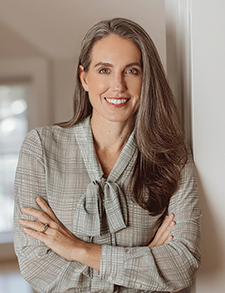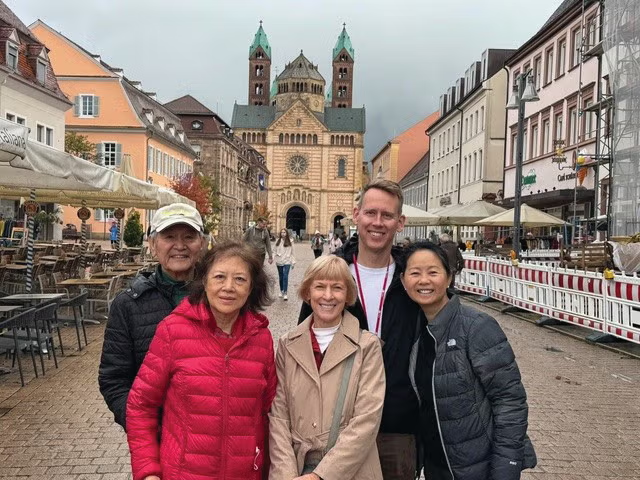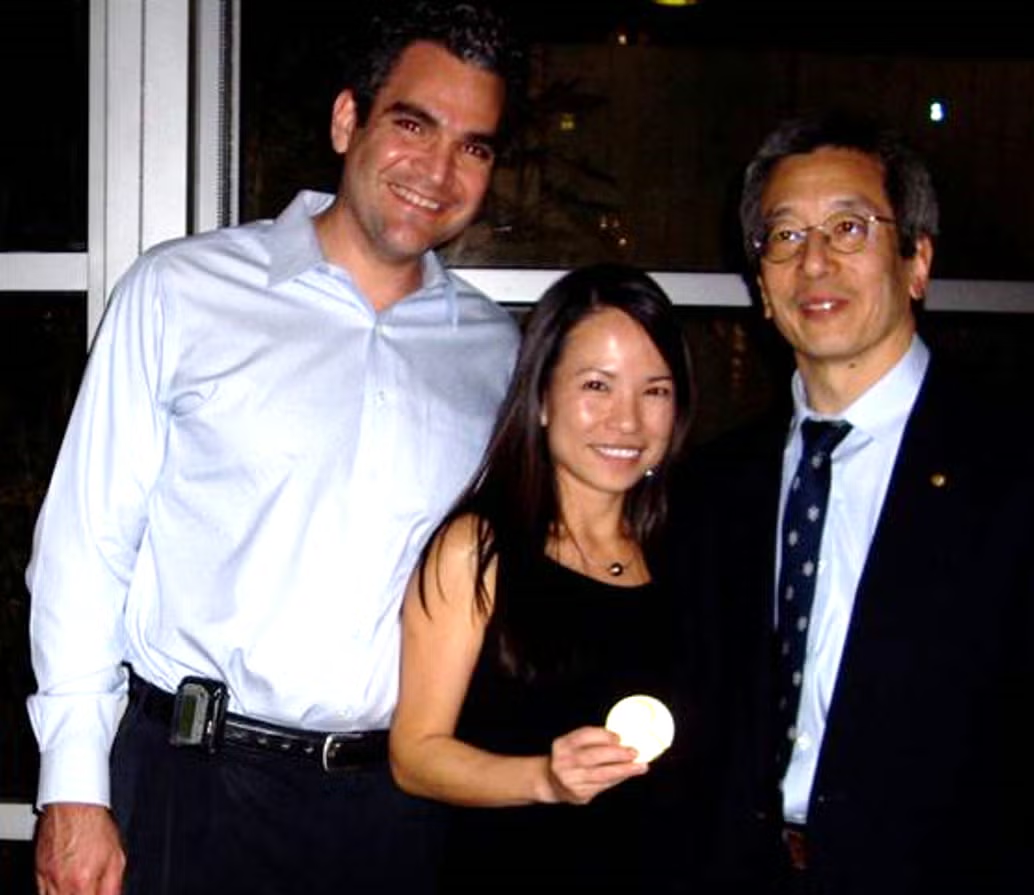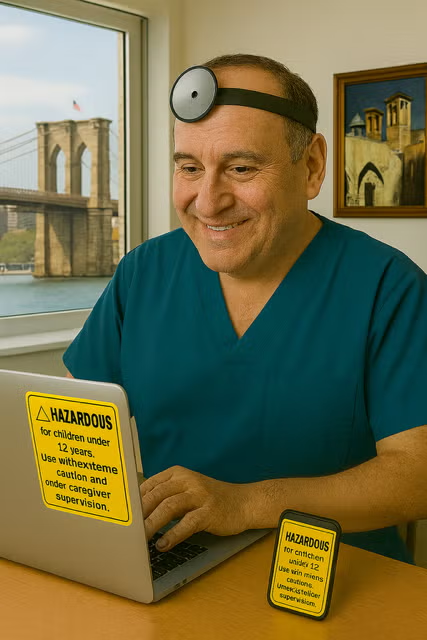Successful investment in GenAI for healthcare depends on focused, collaborative efforts that integrate AI deeply into workflows and address real user needs.


Successful investment in GenAI for healthcare depends on focused, collaborative efforts that integrate AI deeply into workflows and address real user needs.

What are the ethical challenges and humanistic responsibilities of otolaryngologists in integrating AI into patient care?

Dr. Robin Lindsay discusses how everyday environments such as social gatherings, movies, and concerts are increasingly characterized by excessively loud sound levels, which negatively impact communication and hearing health.

Dr. Benjamin Wycherly shares his personal journey with ear surgery, and his experience as both patient and surgeon influenced his commitment to mastering and performing endoscopic ear surgery, which offers less invasive treatment options.

Dr. Julie Wei shares a reflective account of a European river cruise with her parents and mother-in-law, emphasizing themes of time, care, and legacy. The journey provided a rare opportunity for family connection, healing, and a new perspective on life and caregiving.

Dr. Quyen Nguyen is a neurotologist and professor at UC San Diego whose pioneering work focuses on making nerves visible during surgery through fluorescent imaging. Her journey as a physician–scientist combines clinical care with innovative research aimed at improving surgical outcomes and patient safety.

Mobile devices are now an indispensable part of daily life. Their impact on how we work, socialize, and access information is undeniable. Ray Kurzweil, a prominent computer scientist and innovator, […]

Dr. Lindsay emphasizes the importance of reconnecting, recharging, and choosing joy in the face of the professional and personal challenges faced by otolaryngologists. She highlights the importance of authentic connections and intentional self-care during challenging times.

Navigating new rules and persistent challenges in prior authorization for surgery

ENT leaders share hopes, innovations, and inspirations shaping the future of ENT